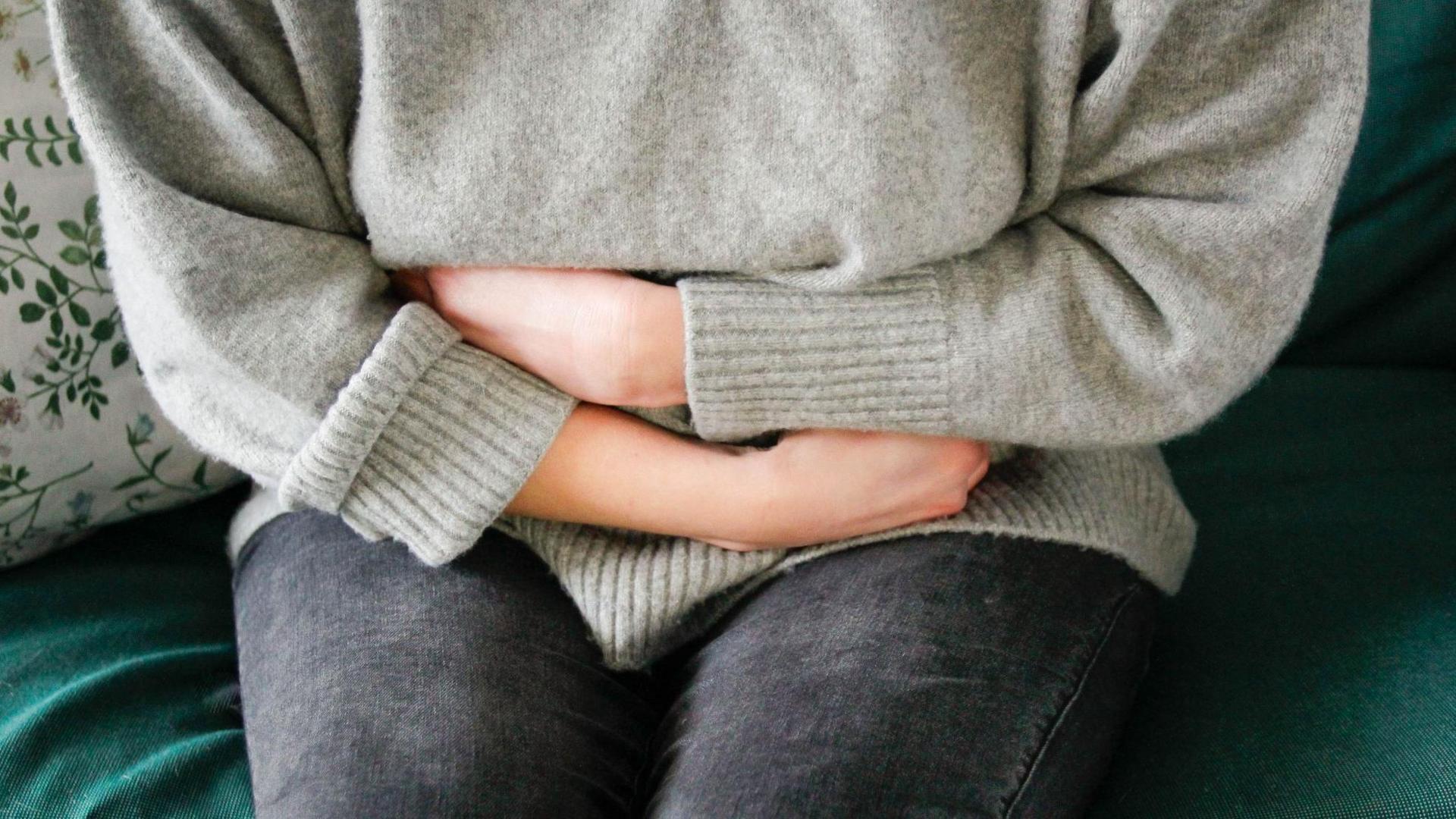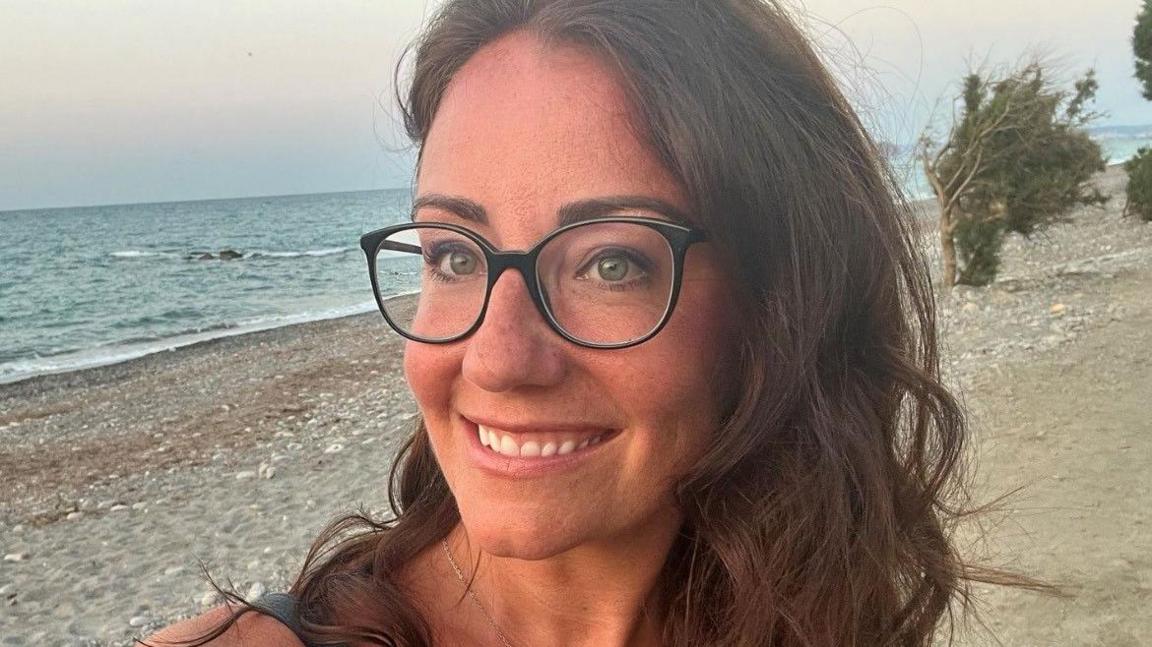Little progress made on endometriosis, say experts

One in 10 women has the disease, according to Endometriosis UK
- Published
There has been "little progress" in improving the experiences of people living with endometriosis in the past 25 years, according to Leeds researchers.
Endometriosis is a disease in which tissue like that in the lining of the womb grows elsewhere in the body, causing debilitating pain.
Endometriosis UK and researchers at Leeds Beckett University (LBU) surveyed 1,800 patients, with many saying they felt "powerless" over their illness.
Lead researcher Prof Georgina Jones said the results were "troubling", and showed how living with endometriosis could "fundamentally impact a person’s sense of identity and place in the world".
She said: "We asked respondents to provide some words summarising their experience of endometriosis.
"While most of these were negative, for example, they described the debilitating pain, the frustration and loneliness they feel, a number described the sense of community felt by those living with the disease.
"This underlines how important peer support, both informally and in the way organised by Endometriosis UK, is to those with endometriosis."
The report showed that, on average, patients surveyed in 2023-24 rated their feelings of "control and powerlessness" at 72.3 out of 100 - with 0 being best possible health status, and 100 the worst. Their self-image was rated at 69.
These scores remain at a similar level, or marginally worse, than in the previous survey in 1999-2000.

Samantha Gelder has lived with endometriosis since she was 17
Samantha Gelder, 37, from Leeds, has lived with endometriosis for almost 20 years.
As a result of symptoms she has had to go through several surgeries and is on the waiting list for a hysterectomy.
She said: "So many women, I think it's one in 10, are affected by this disease.
"I just don't feel that there is the resource there to deal with how widespread the disease is."
She added: "At no point in my 20 years was I offered support from a mental health perspective."
Ms Gelder has been having private treatment due to long waiting lists.
She said some people have had to wait up to two years to get a diagnosis.
'Mentally draining'
Sanchia Alasia, a volunteer for Endometriosis UK, was diagnosed in 2010 after 15 years of symptoms.
She said: “Living with endometriosis, whether you’ve got a diagnosis or you’re still battling to get one, can be hugely isolating and mentally draining, on top of the horrible physical symptoms.
"I lose count of the number of dinners, day trips, funerals and other engagements I’ve missed because of this dreadful disease."
A Department of Health and Social Care spokesperson said: “It is unacceptable that so many women are not receiving the gynaecology care they need, when they need it.
“It is vital that women’s voices are heard, and this government will prioritise women’s health as we build a 10-year plan to reform the NHS and make it fit for the future."
The spokesperson said the government was hoping to deliver up to 40,000 more operations, scans and appointments per week, as a first step to ensure patients are treated within 18 weeks.
What is endometriosis?
Endometriosis is where tissue like that in the lining of the womb grows elsewhere in the body - often around the reproductive organs, bowel and bladder
Like the womb lining, the tissue builds up and bleeds every month, but with no way to escape the body the blood is trapped, leading to inflammation, pain and the formation of scar tissue
For some women there are no symptoms, but for others it is debilitating and can cause chronic pelvic pain, painful sex, painful bowel and bladder movements, fatigue and difficulties getting pregnant
There is no cure, but treatments can reduce symptoms
They include hormone treatment, pain relief and surgery - including hysterectomy
In the UK it takes an average of 7.5 years to be diagnosed
Listen to highlights from West Yorkshire on BBC Sounds, catch up with the latest episode of Look North or tell us a story you think we should be covering here, external.
Related topics
- Published23 March 2024

- Published21 May 2024
